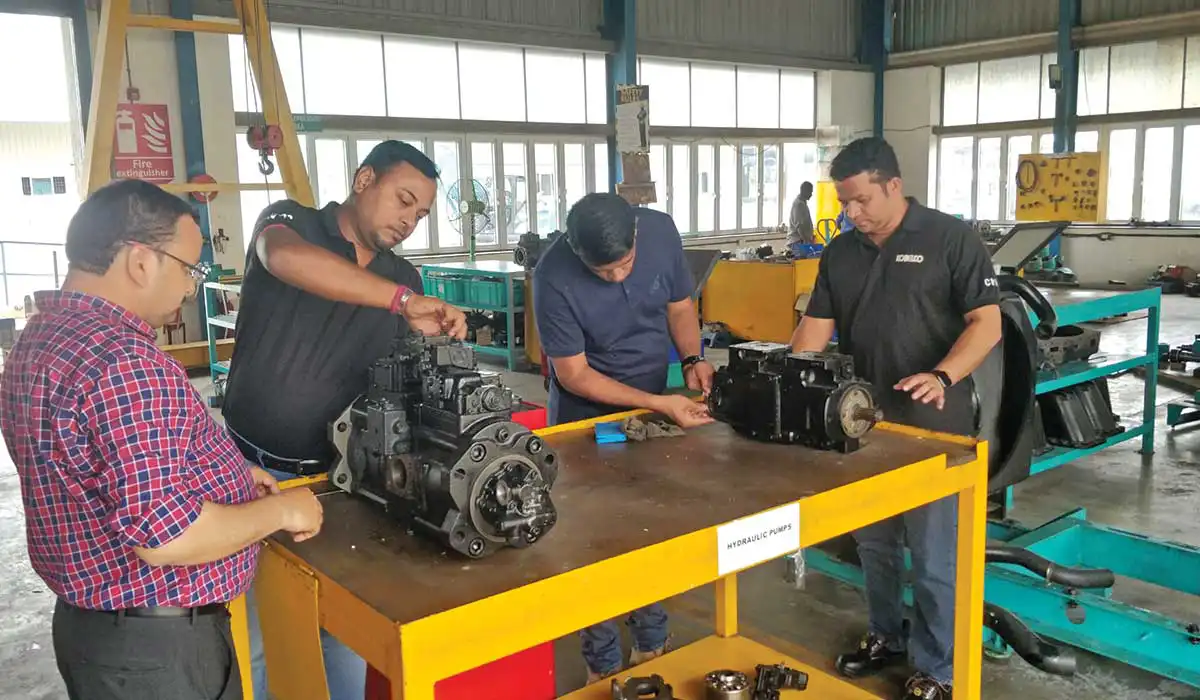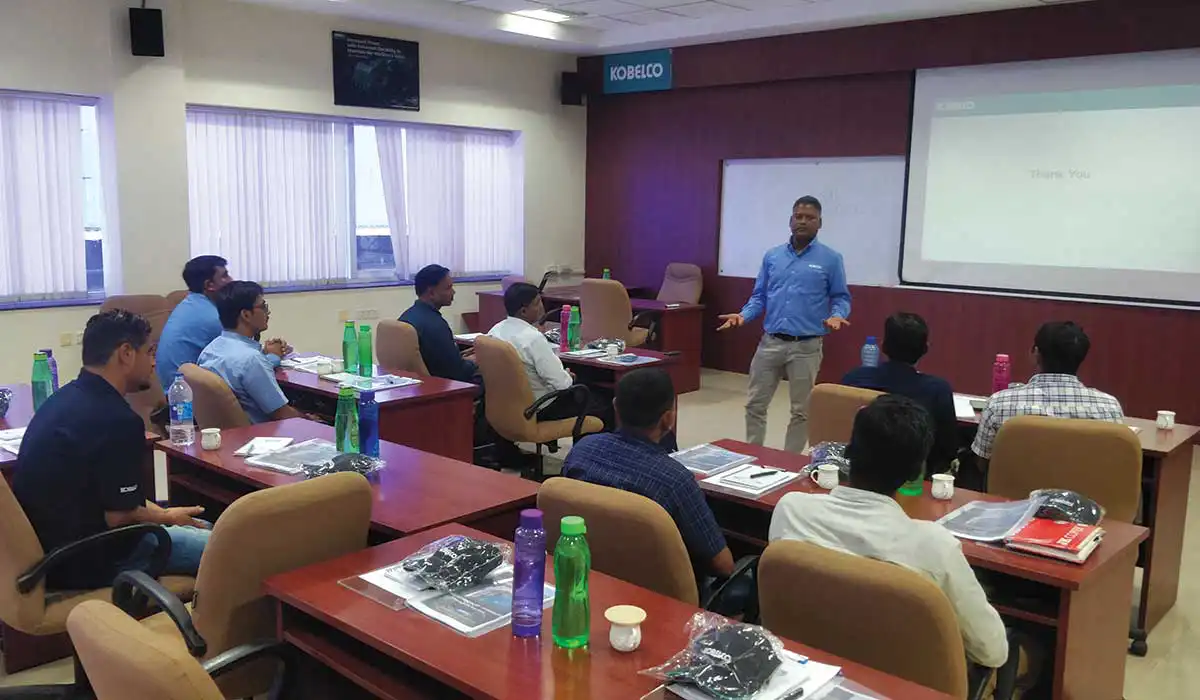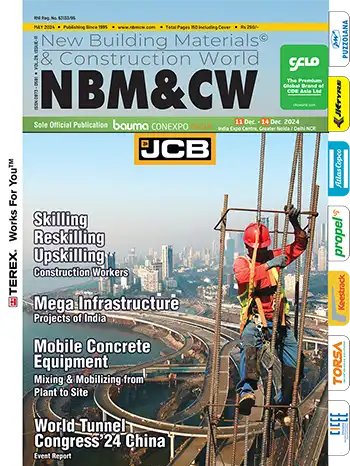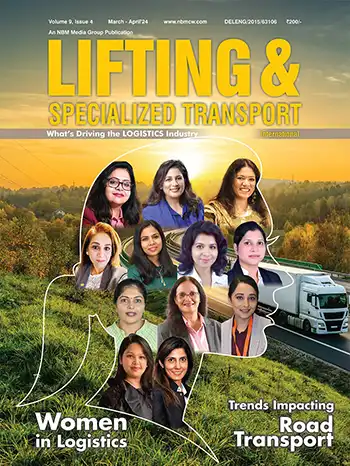Kobelco Empowers Construction Equipment Operators by Upskilling
The construction industry is a labour-intensive, project-based business environment and highly skill-oriented. Employing unskilled individuals has high risks, not only to the employees, but also to the project's success, time, cost, quality, and safety performance.
The industry has been experiencing labor shortage for years. Demand for skilled workers is increasing due to the construction of new buildings and infrastructure projects. However, the supply of workers has not been as expected. There are many reasons for under-employment in construction. One of the most important is the aging workforce. Many experienced workers are retiring and there are not enough young workers to replace them. Also, young people are not interested in getting a job in the construction field. Another reason is the difficulty in finding workers with the appropriate skills.
Labour shortage has caused increased labour costs, project delays, and decreased productivity: To address this issue, some construction companies have increased wages and benefits, invested in employee training and technology to improve job performance and productivity in the workplace. In addition, efforts are being made to promote the construction industry as a viable career option for young people. These all end up in increasing the project cost. Sometimes, lesser-trained personnel may have to be used which may result in delayed timelines, and poor overall quality of the project.

Challenges and solutions: As structural, demographic, and technological shifts transform the Indian economy and the nature of work, new entrants in the labour force will have to be skilled and made employable. Strategies for reskilling and increasing the skills of the current workforce, as well as formal recognition of informally acquired skills, will also have to be reinforced.
Against this backdrop, India is driving unique initiatives to convert its demographic potential into a dividend that will fuel the country’s growth. However, there have been few major challenges to skills development in India. Major ones are industry and private sector collaboration, skilled labor migration, and less women participation in the labour force.
The Indian government can overcome the skilled labor shortage through a combination of strategies. These may include investing in education and vocational training to develop a skilled workforce, promoting technology and innovation to increase productivity, and implementing policies to attract and retain skilled workers. Additionally, fostering a business-friendly environment and encouraging entrepreneurship can also help. It's important to note that addressing this issue will likely require collaboration between the government, businesses, and educational institutions.
The essential skills required in construction workers are always changing. The skills you'll need in the future may appear very different from those of a few years ago due to the gradual transition from manual labour to digitalization. This change affects both individuals looking for work in the construction sector and those who are currently employed.

Evolution and adaptability are the major focus areas: First and foremost, it's critical to keep in mind that there are other factors besides technical proficiency in construction management and as a worker. For construction workers, soft skills are becoming increasingly important. Soft skills include communication, teamwork, problem solving techniques and adaptability. Then comes the hard skills. Now, as the world is advancing towards technology, along with hard skills there is demand for digital literacy, project management, risk management and sustainability knowledge. You may position yourself as a formidable competitor in this cut-throat sector by keeping up with the skills that are in great demand in the construction industry. Learning and development, in my opinion, are ongoing activities.
Operator skill levels impact machine productivity and performance: When an operator is under-trained or under skilled, equipment performance may suffer significantly. For manufacturers of machinery with hi-tech systems like mechatronics and electronic controls, this is particularly difficult. Our first emphasis is on the safety of the operator, their surroundings and the equipment. The agenda behind these trainings is to make our operators safe, create employment, and increase the RoI of customers.
Kobelco is involved in upskilling the competency (skill & knowledge) from mini excavators (3-ton) to gigantic excavators (up to 85-ton capacity). The competency levels vary from basic, medium advanced and master level (Train-the-trainers). Skill training involves operation in various applications, such as sand quarry, blue metal quarry, irrigation projects, mining projects, tunnel applications, etc. We supply special attachments based on customer applications that require special operating skills. We train the operators in these attachments, for example, long reach, telescopic arm, clam shell, breakers, vibro boom. All these trainings are provided through classroom sessions as well as practical sessions and OJT (On Job Training).
NBM&CW - May 2024



















